Naval Air Station Fallon (NASF) Commanding Officer, Evan Morrison, and base housing director, Shelly Carter, provided an update on housing during their quarterly Town Hall meeting.
Captain Morrison stated that the last phase of the current housing redevelopment project is expected to be complete in the next 12 months. “As soon as homes come online, we will get people into them as fast as we can,” stated Morrison. NASF is aware that the housing situation in Fallon and Fernley continues to be problematic. According to a Housing Requirement Marketing Analysis that was completed last August, another 192 homes are needed to accommodate the growing needs of NAS Fallon. The marketing analysis results were made into a brief and will be presented to Navy Installations Command (CNIC) this week. “We are hoping funding will be in place to start on the next phase,” said the Commander, “but that could take a couple of years.” He explained that several things need to take place before that can happen. Procedures like environmental assessments, the allocation of funds, getting the project under contract, and completing the design work, need to be done, all of which will take time.
The current housing project included 219 higher-end and newly remodeled homes. “While other military bases across the nation face housing and tenancy issues, the problem here is unique,” states Zip Upham, NASF Public Affairs Officer, “there just isn’t enough housing.” In 2019, the NASF housing situation was considered “critical.” Many soldiers commute to Fernley, Silver Springs, Lovelock, and beyond to secure affordable housing. In 2021, the local housing market still offers scant few rental properties, with virtually none considered affordable.
“While families stationed in places like Hawaii expect higher housing costs, those coming to Fallon do not,” Upham further explains. When Navy personnel receive a new duty station assignment and no housing is available, families may be separated, leaving spouses and children at the soldier’s previous duty station or back at their home of record until housing can be secured. “Service members expect to be able to bring their families. This is creating a very stressful situation,” states Upham.
The newly completed 192 homes will offer some much-needed relief to local soldiers and their families. With any luck, the next phase will be approved and construction will soon be underway.



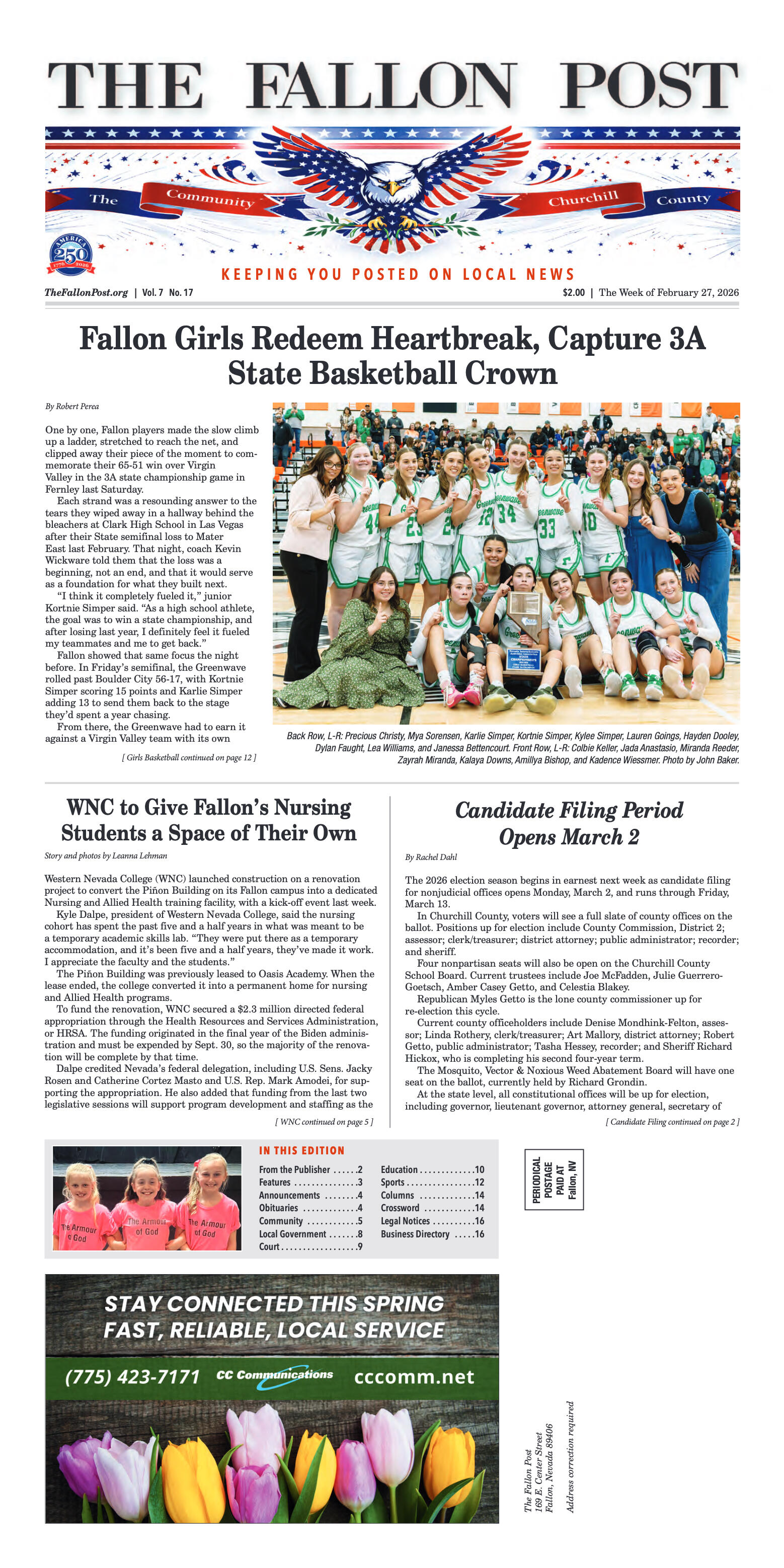
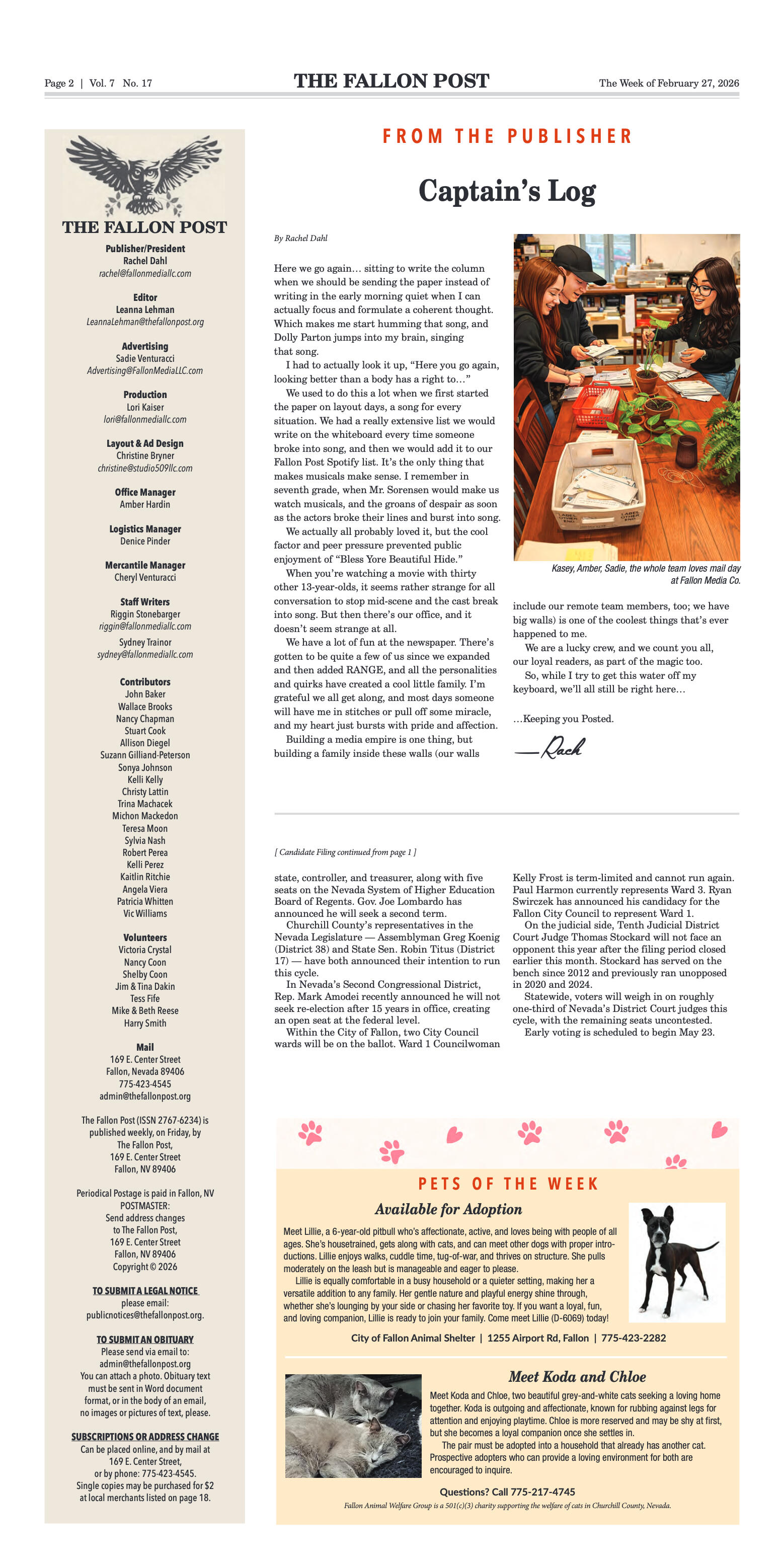
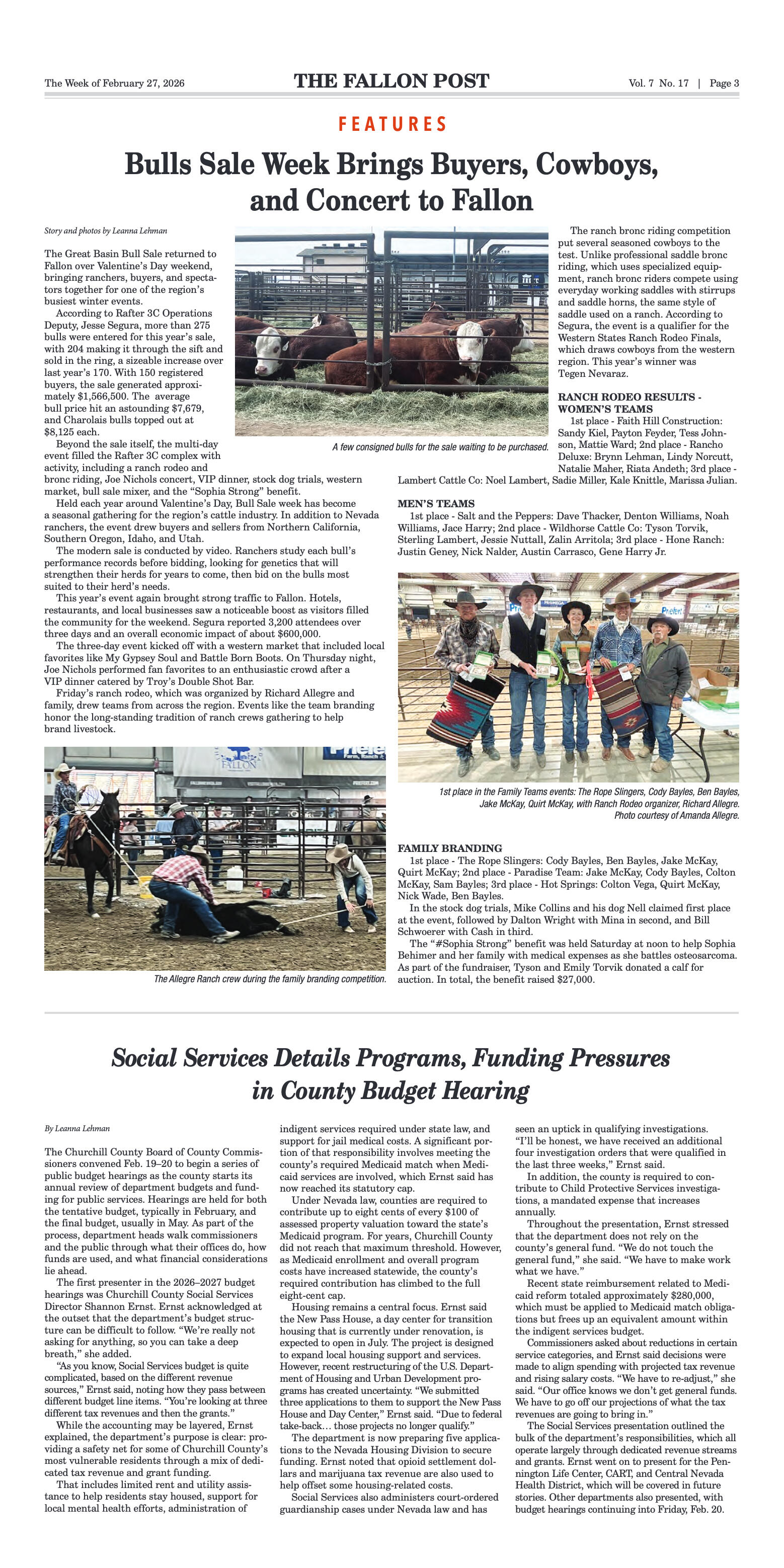
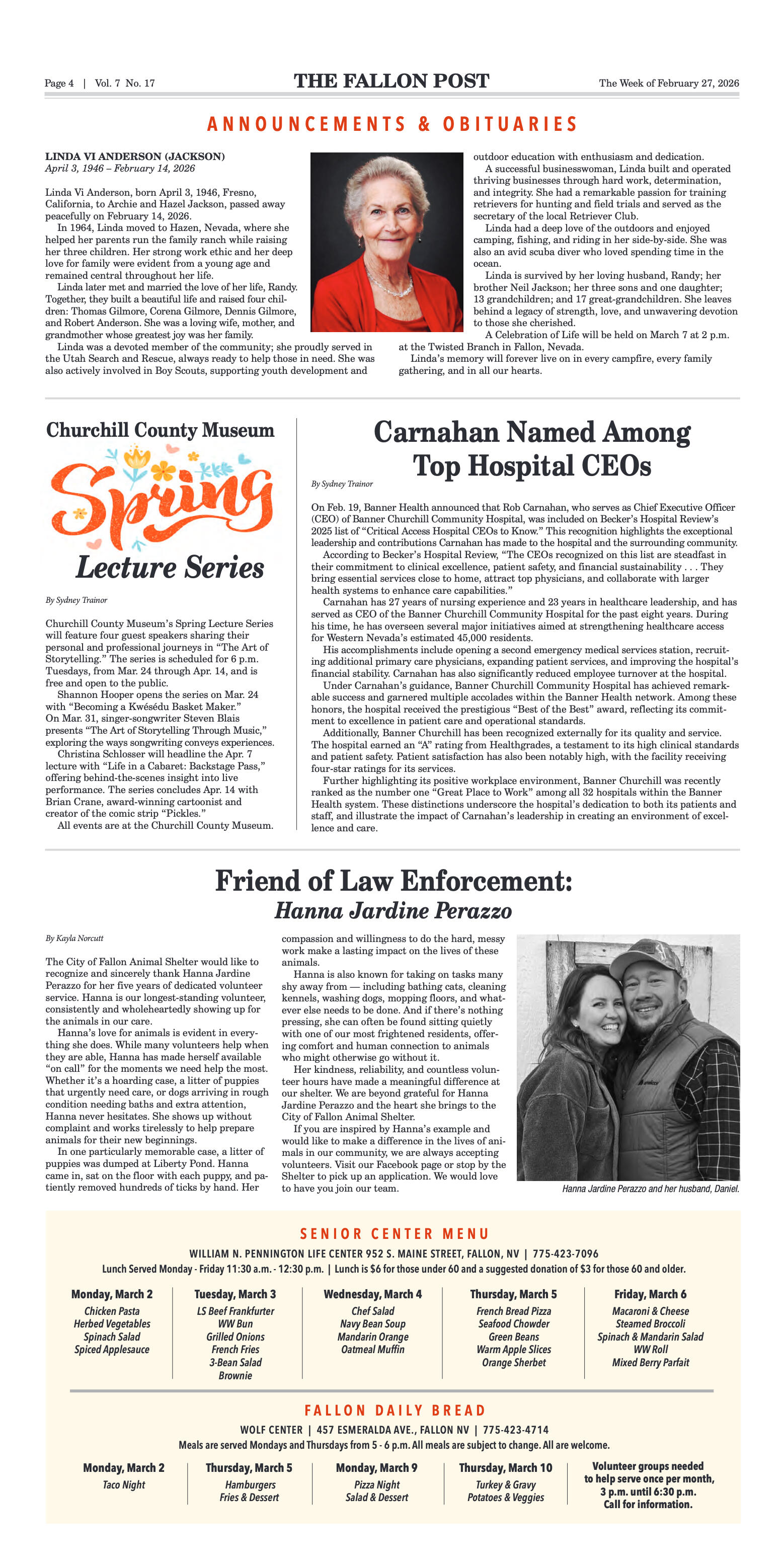
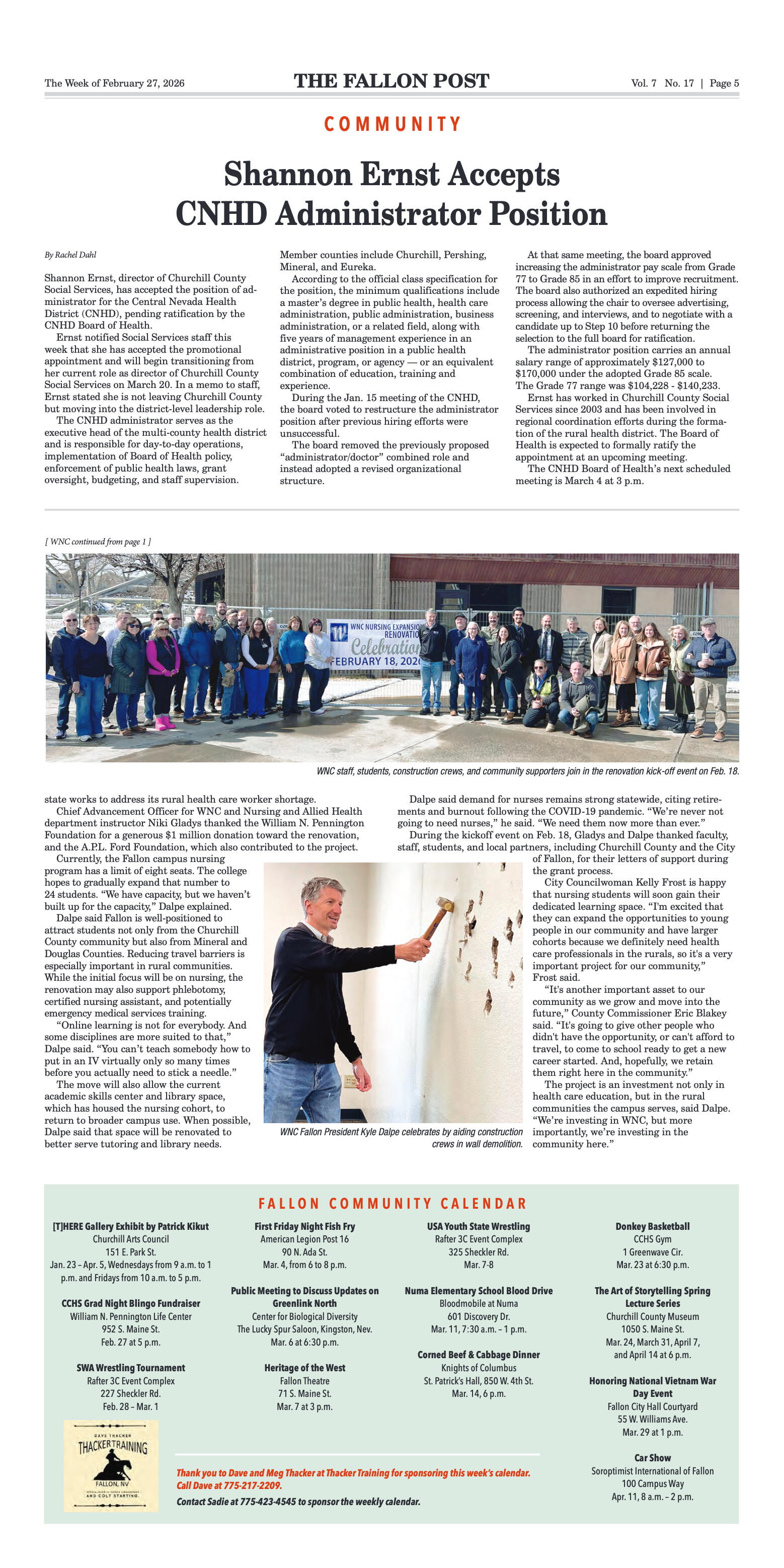
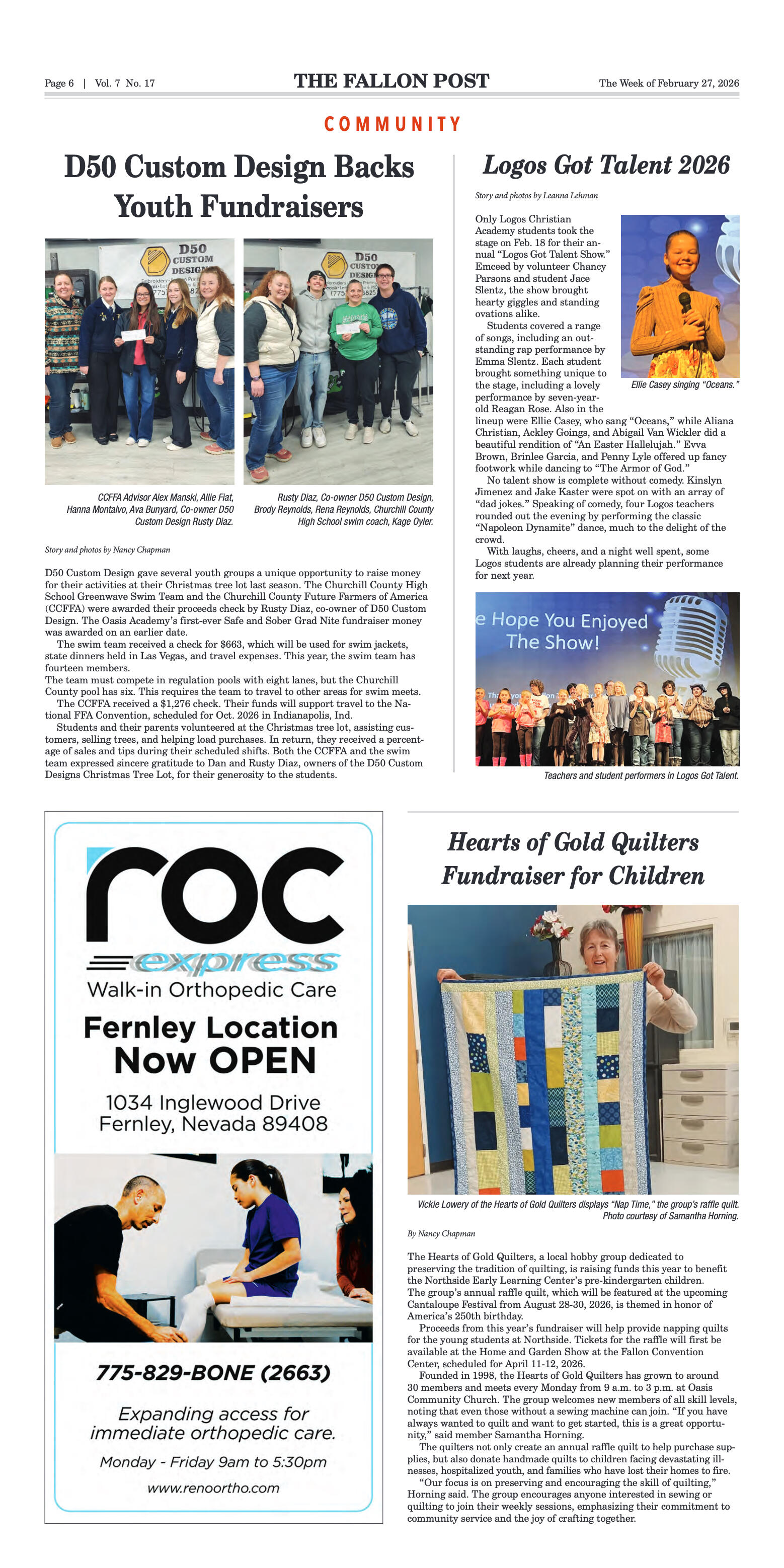
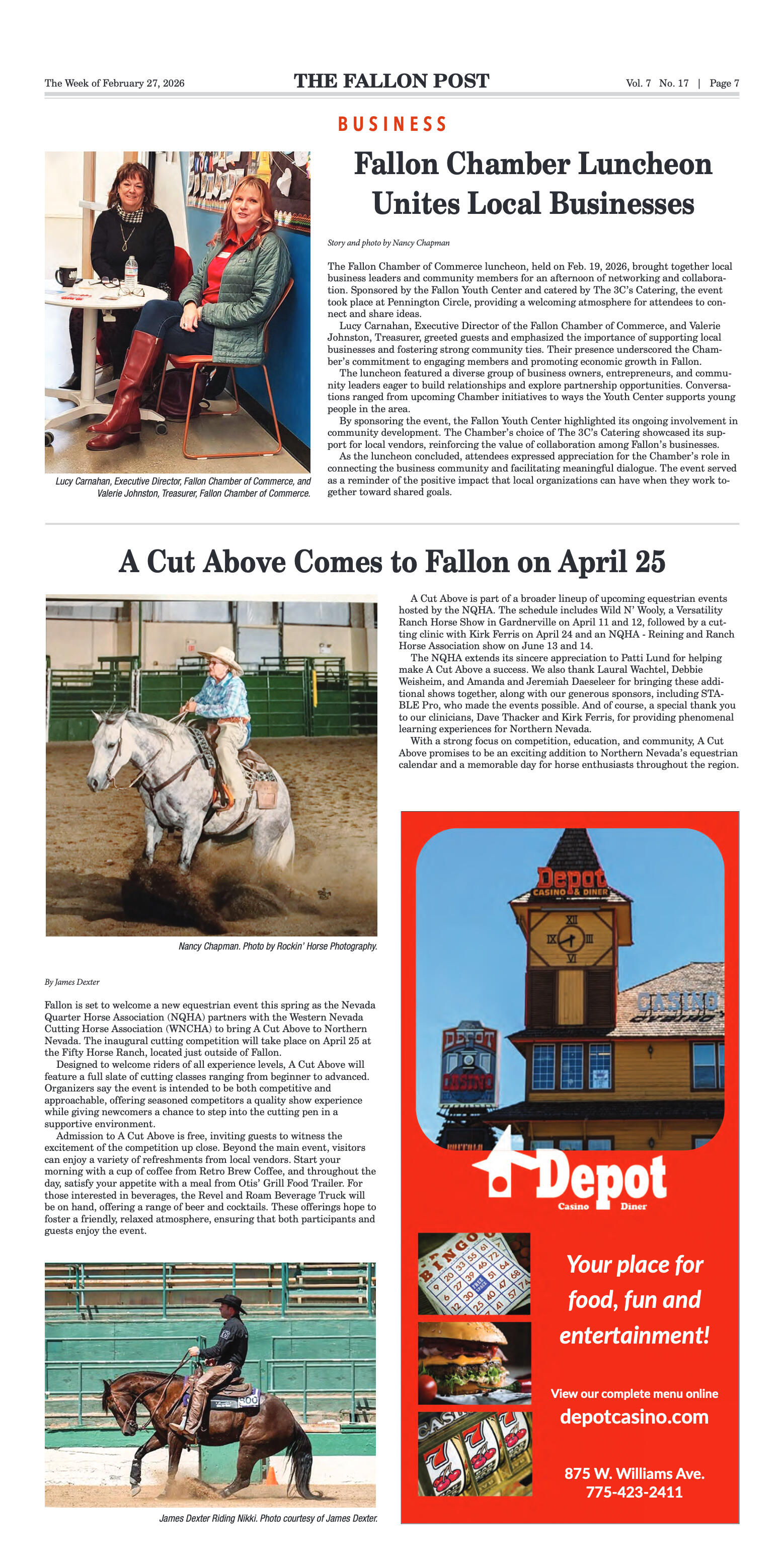
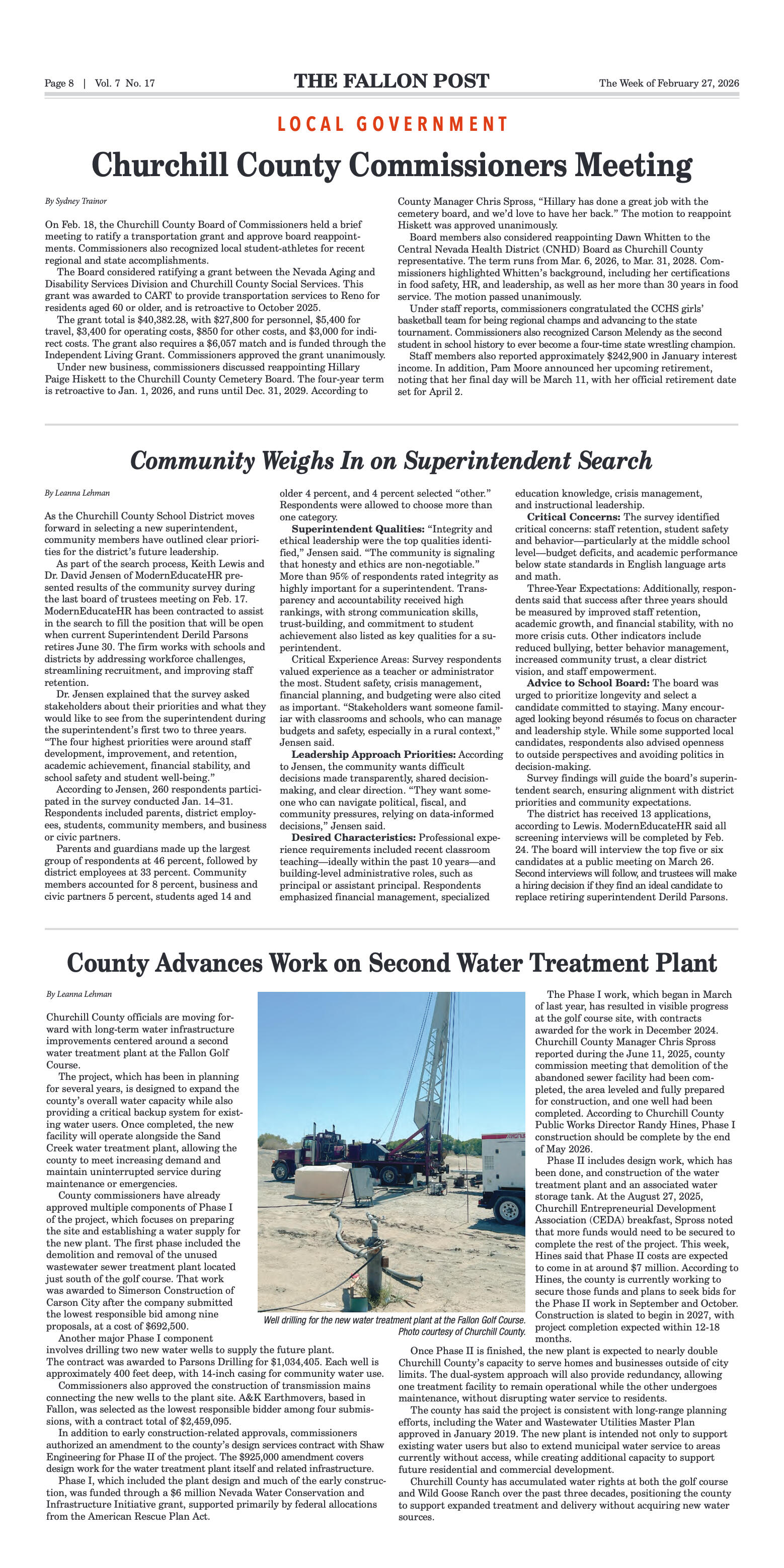
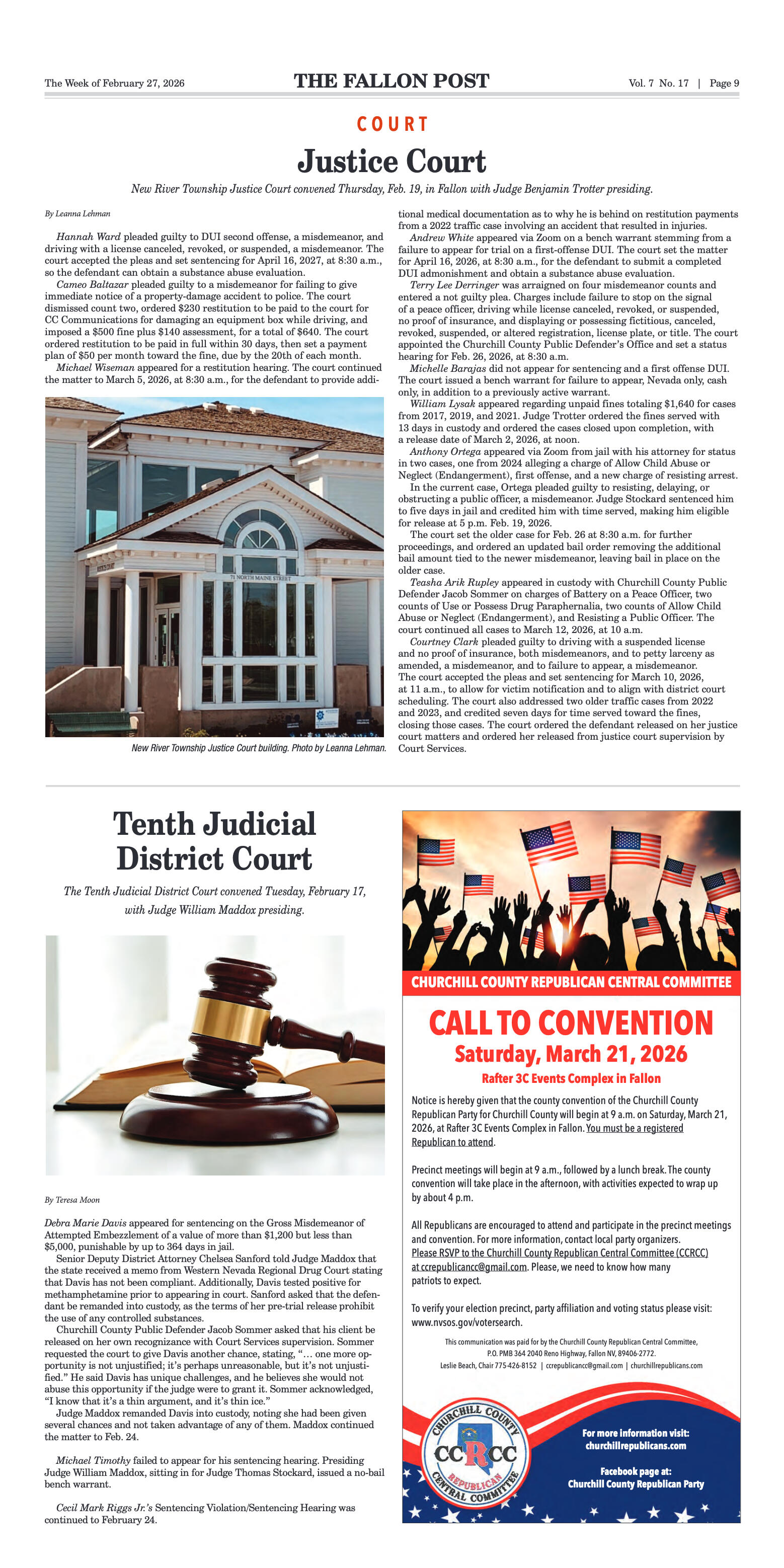
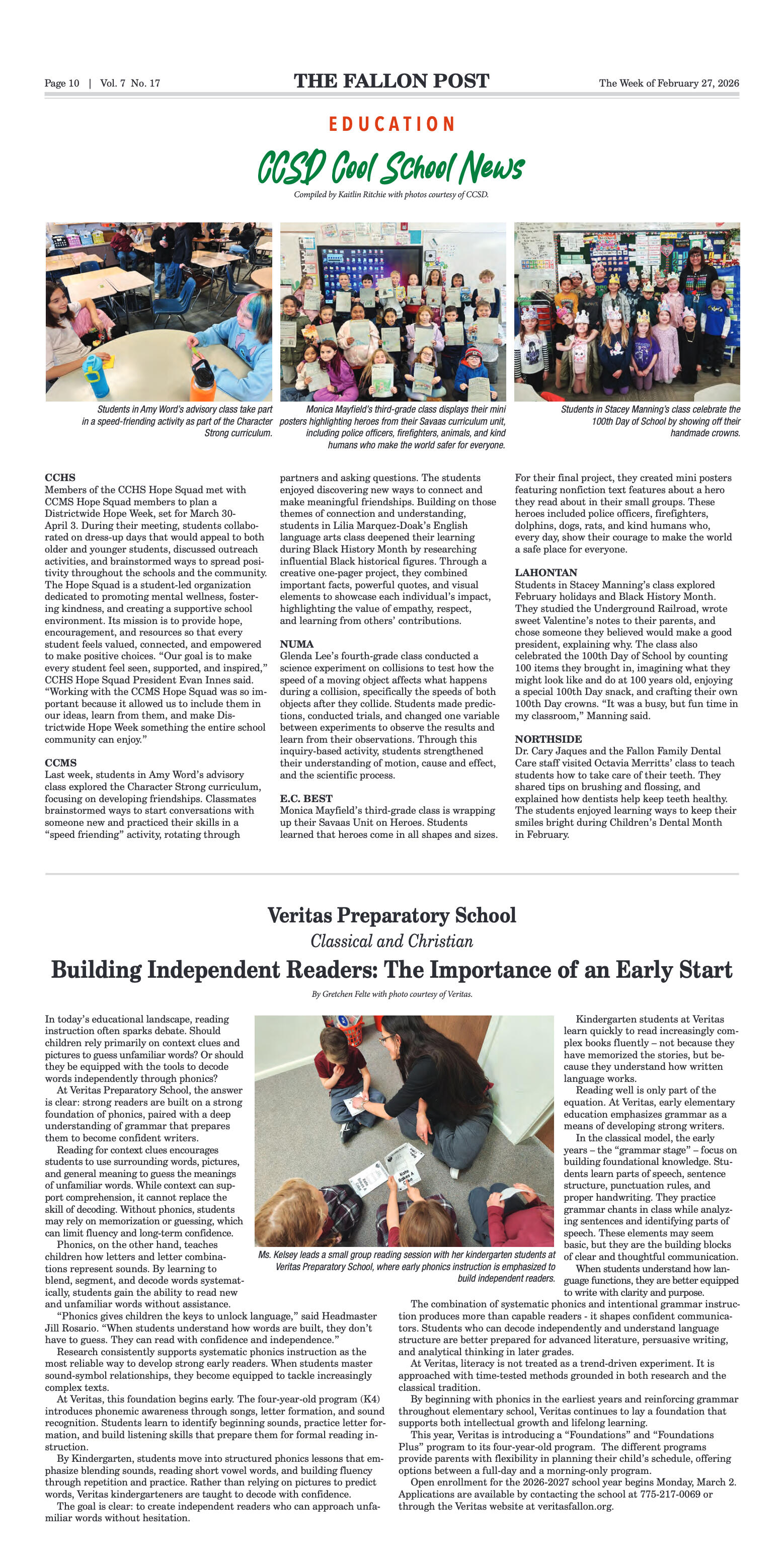
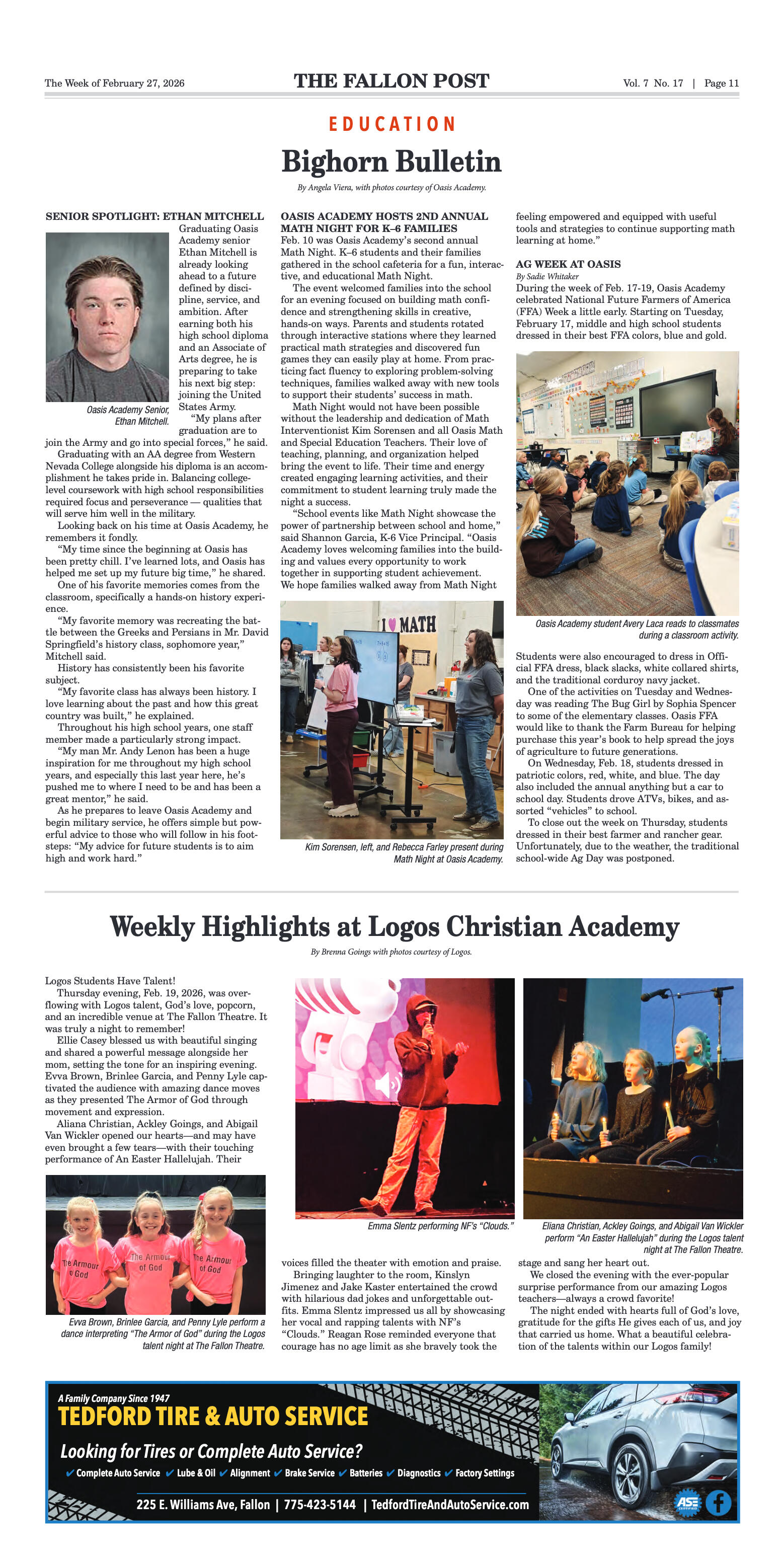
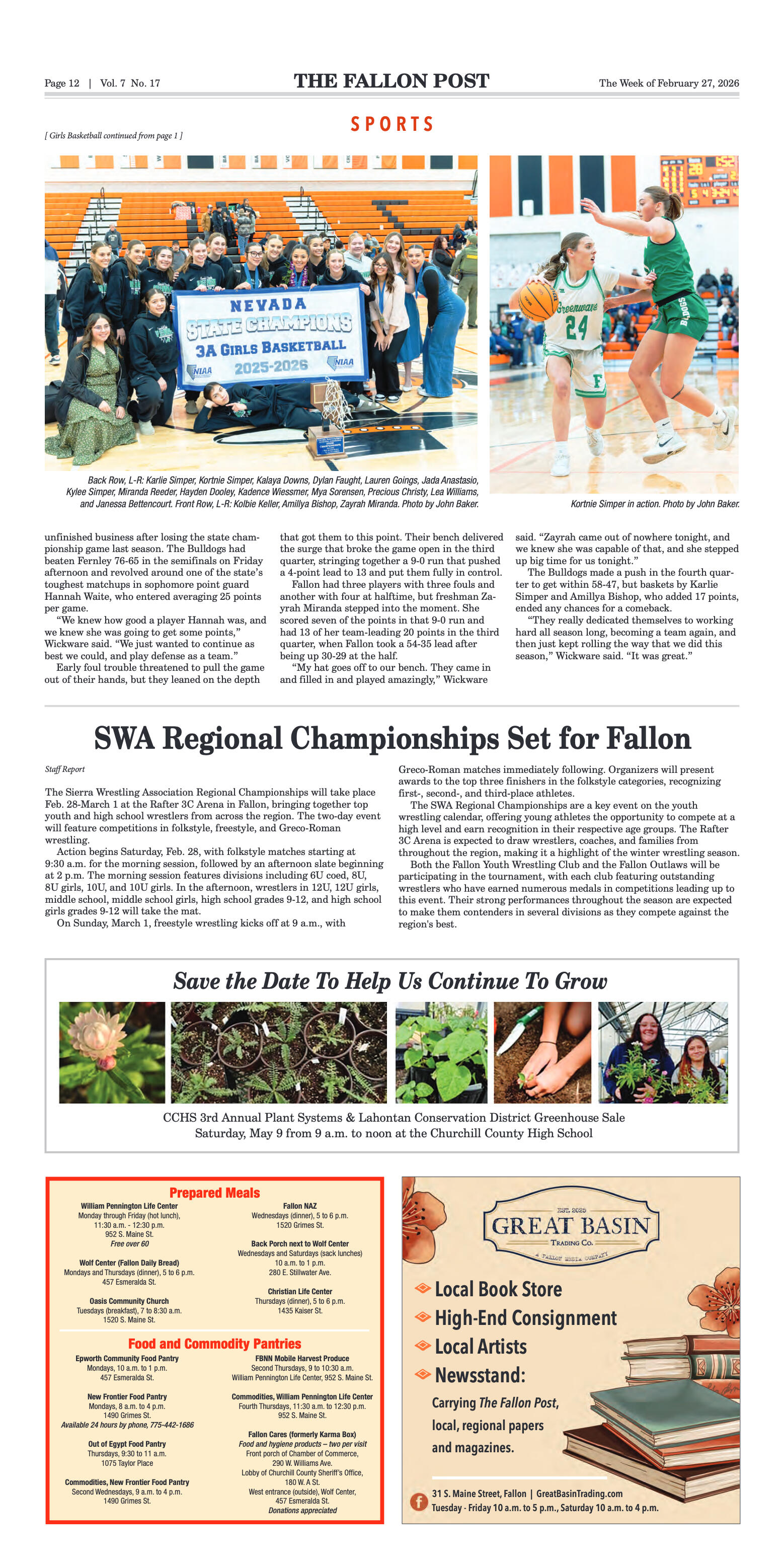
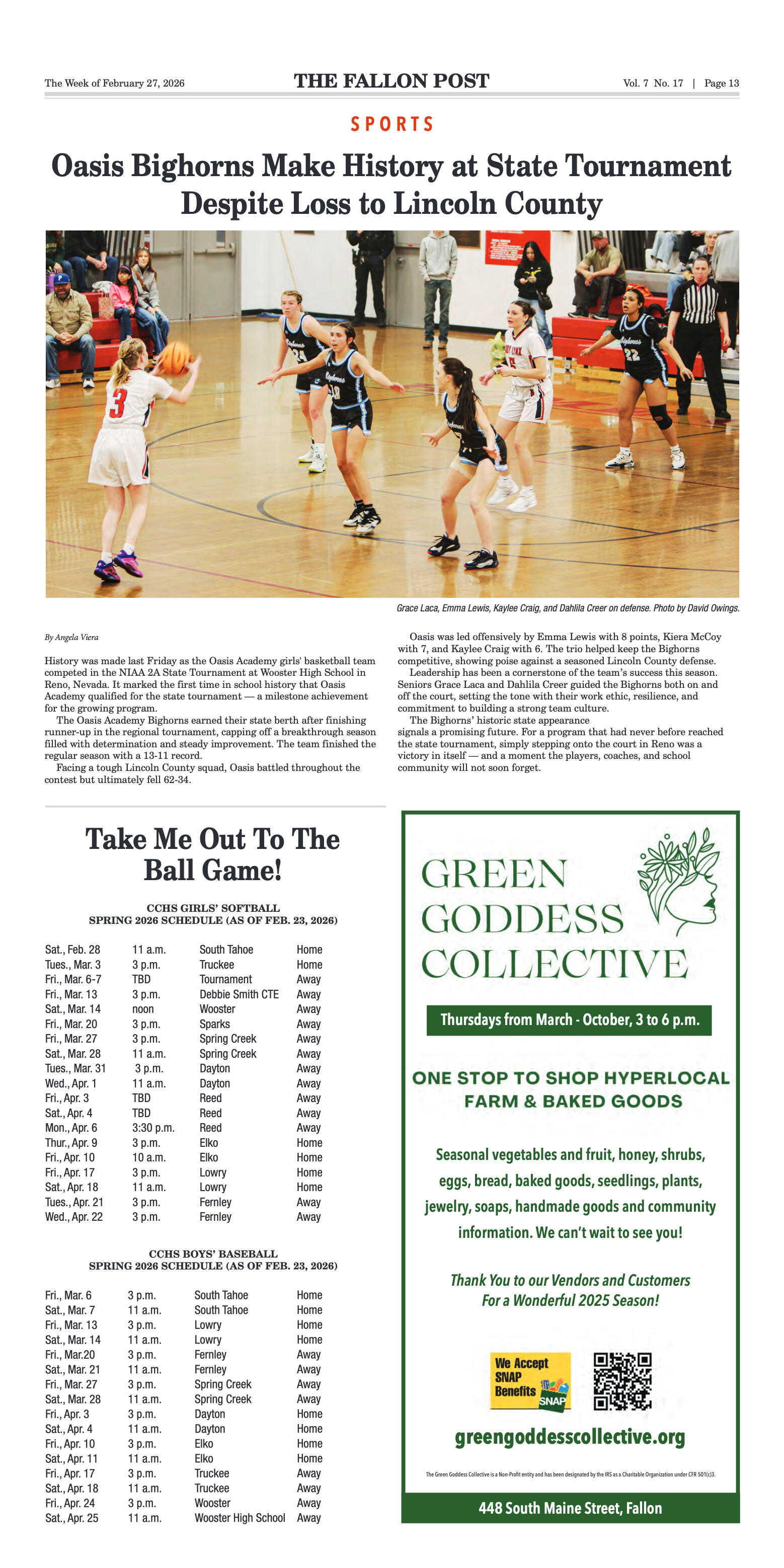
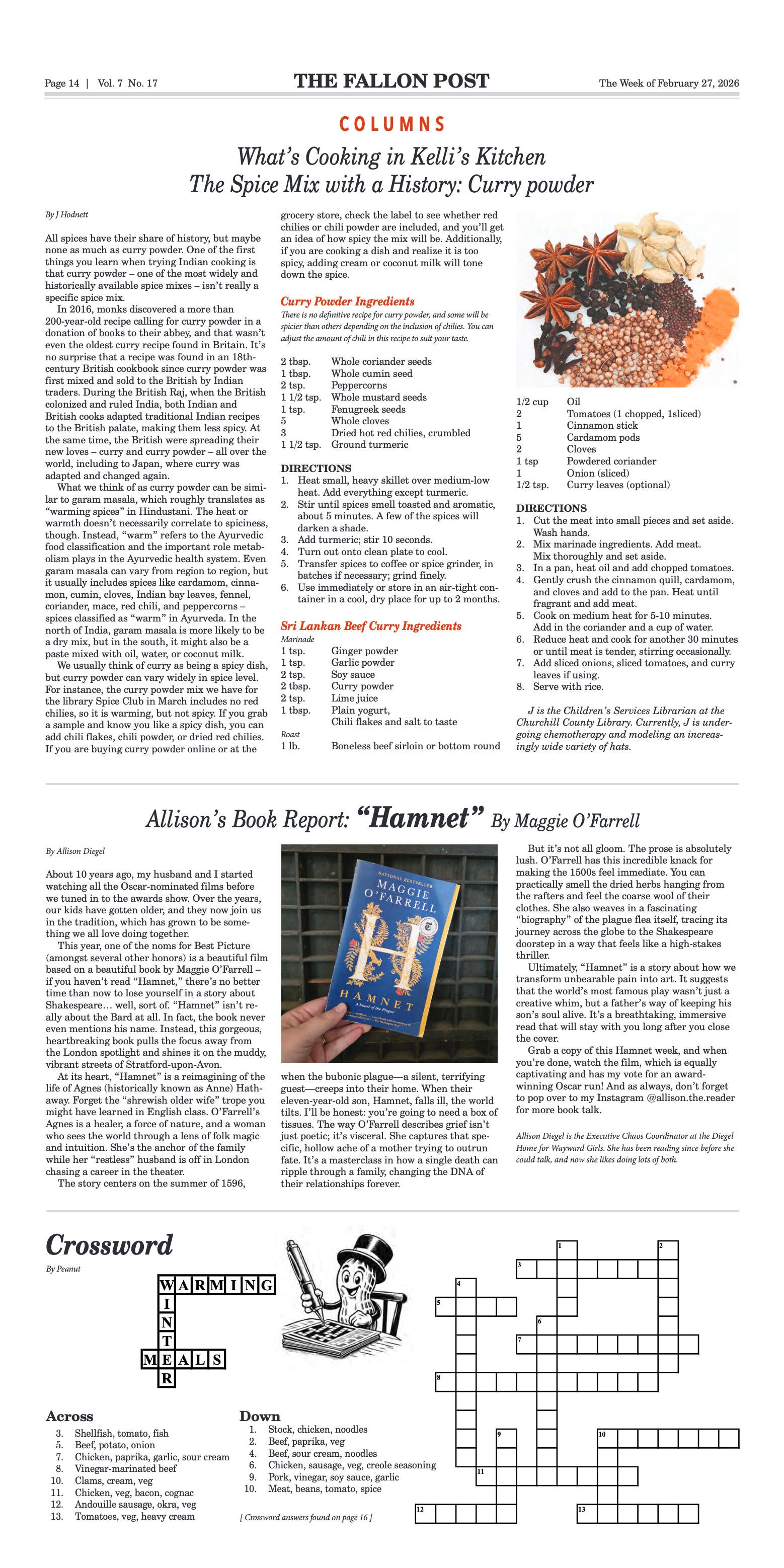
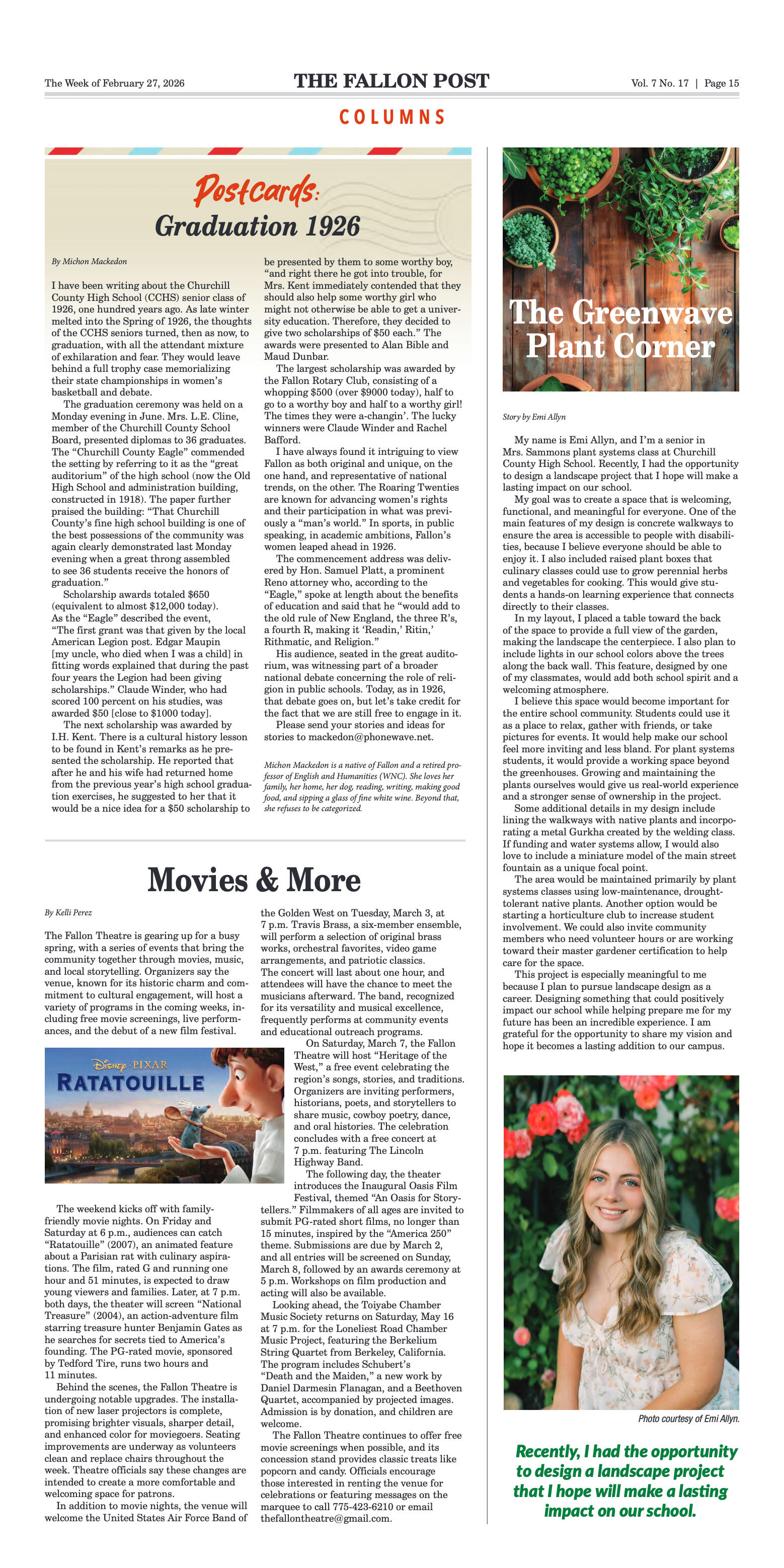
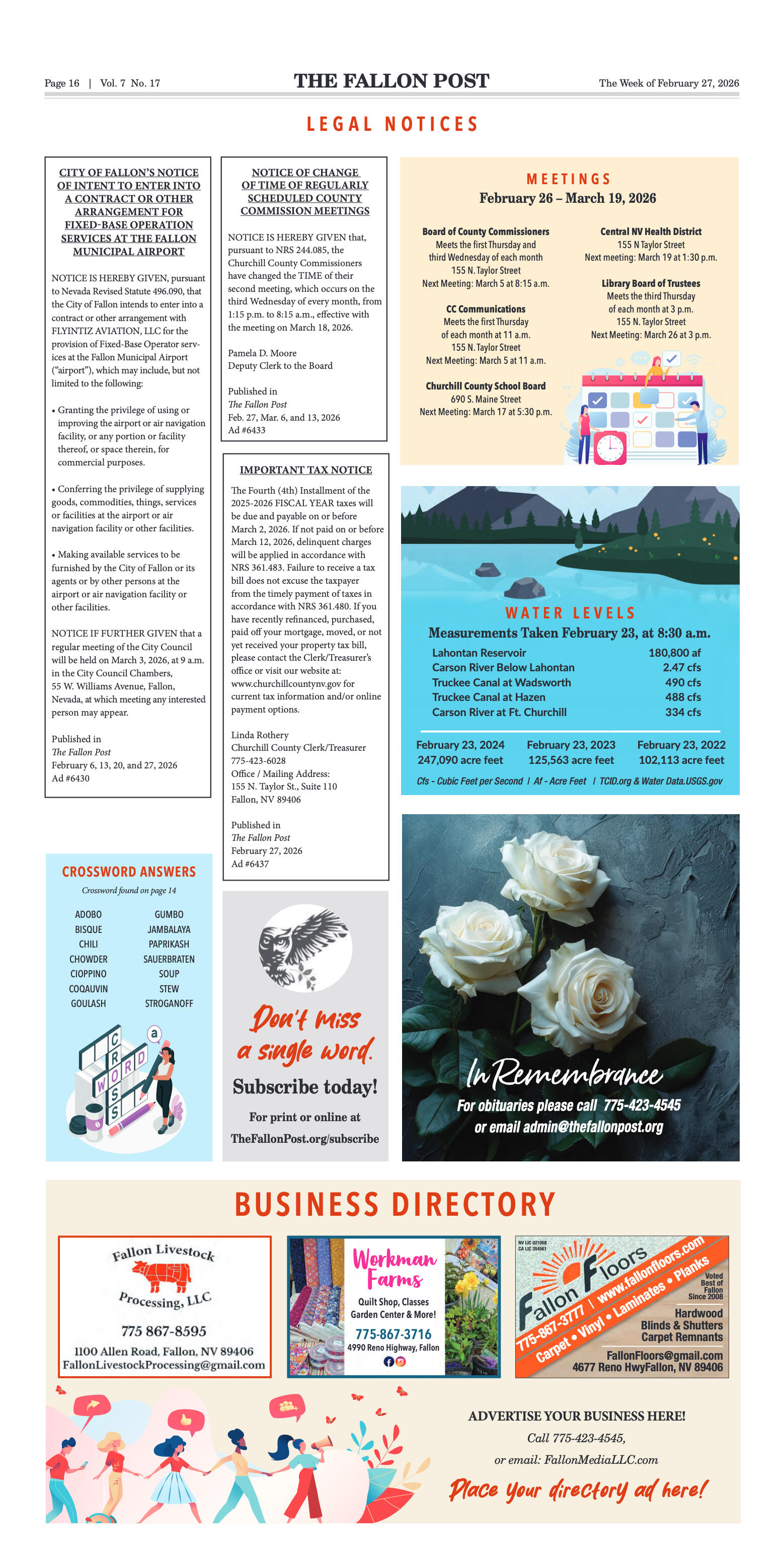
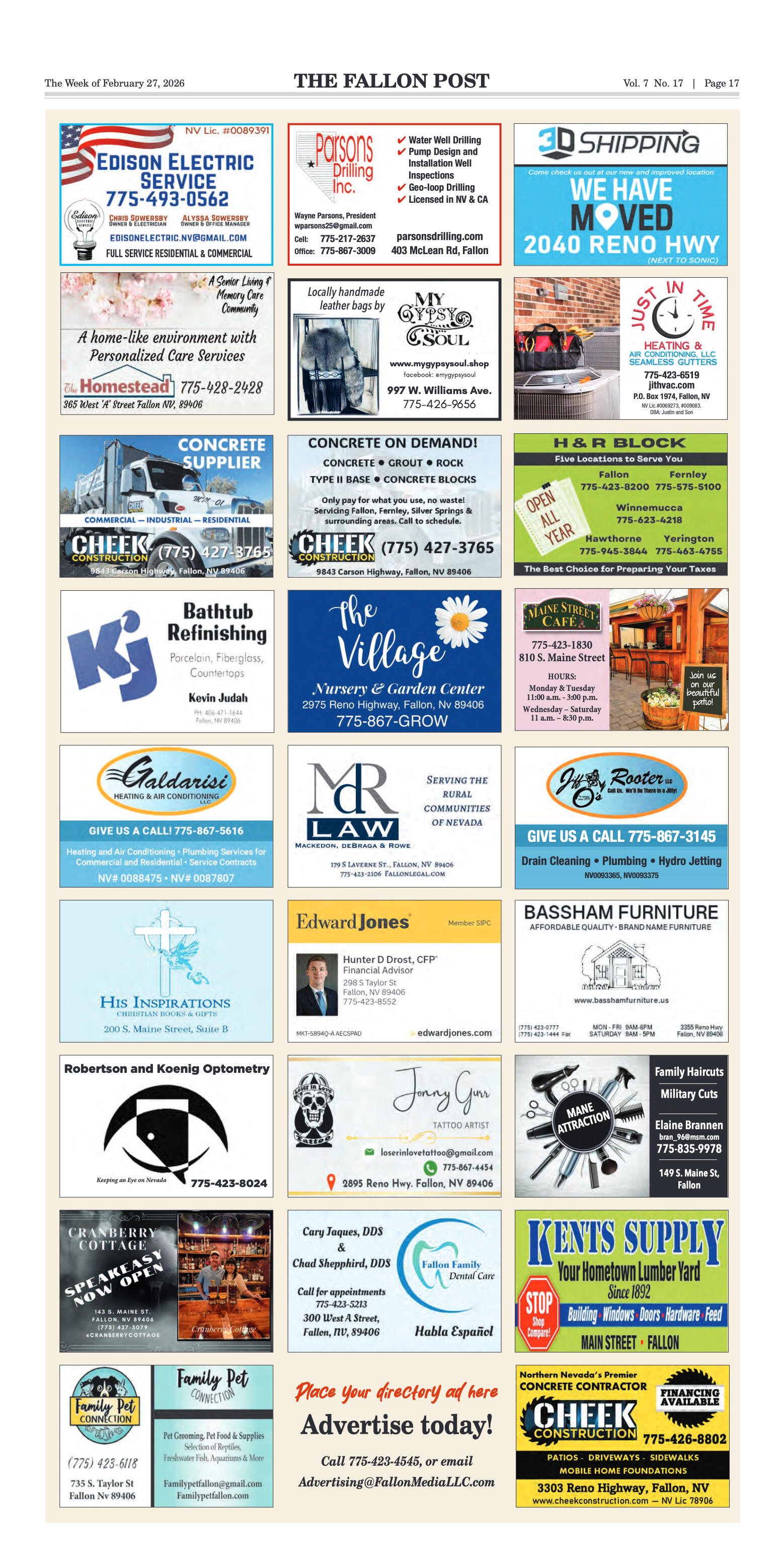
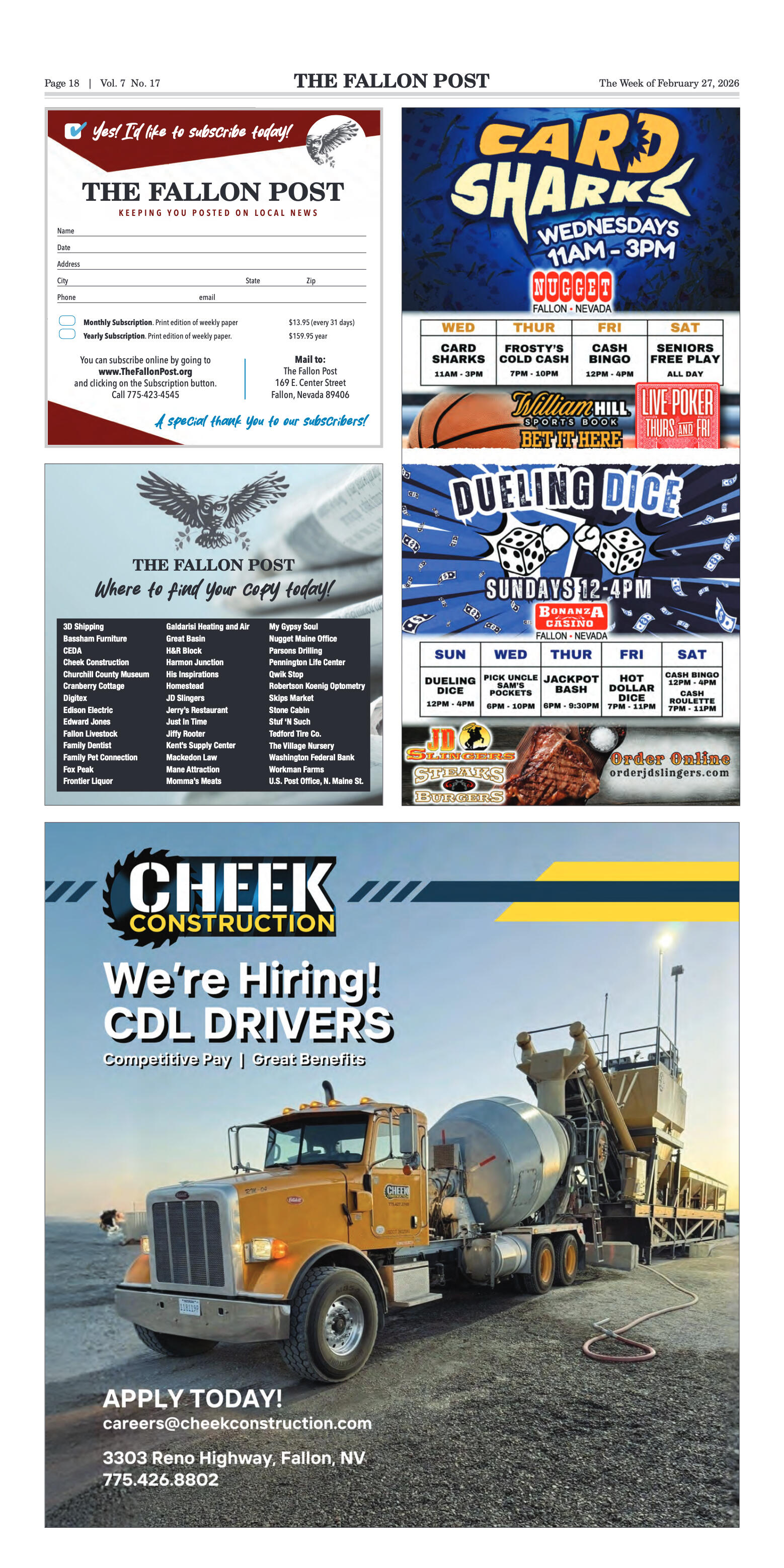


















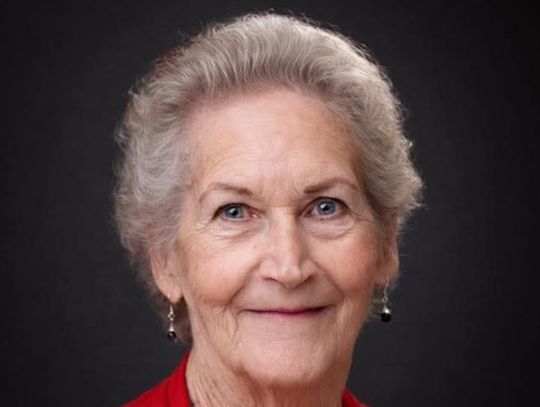


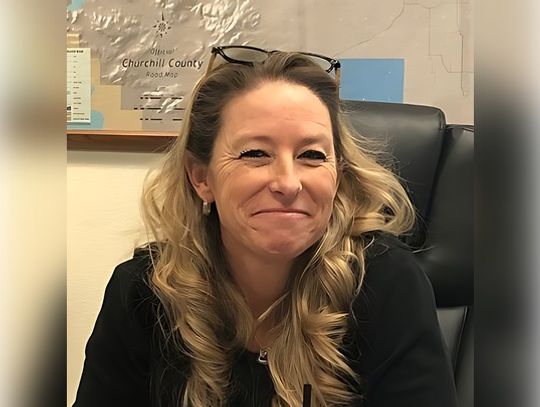


Comment
Comments